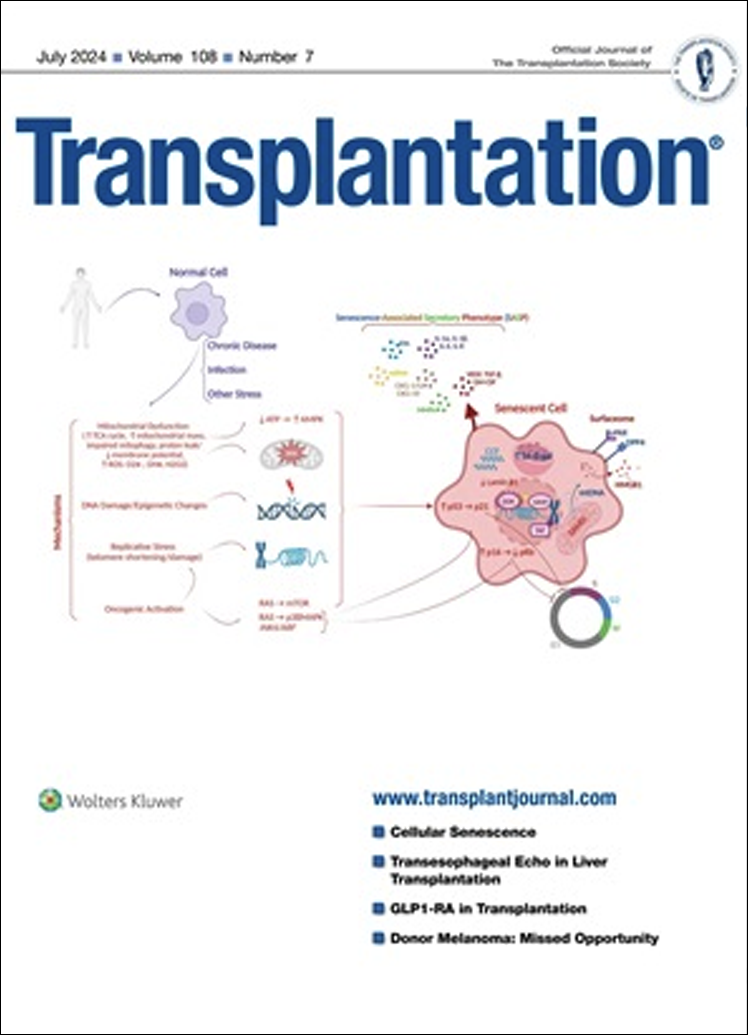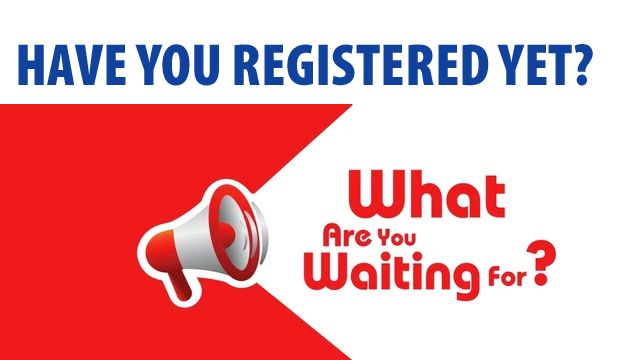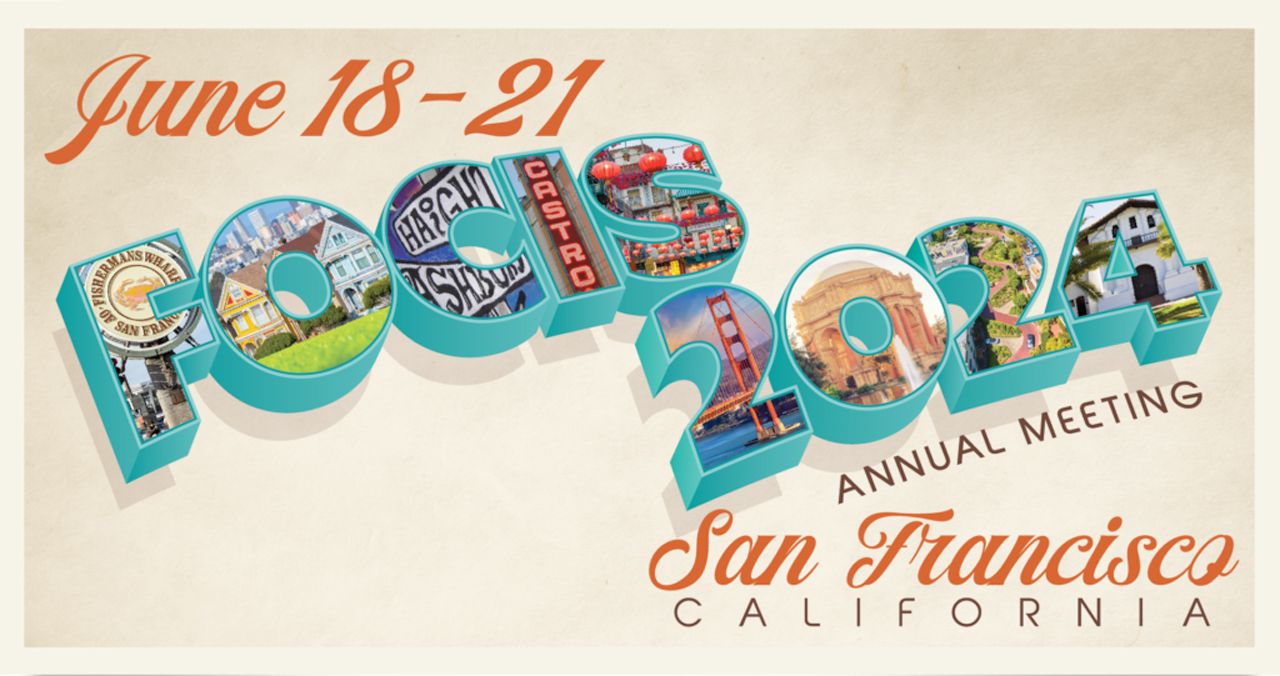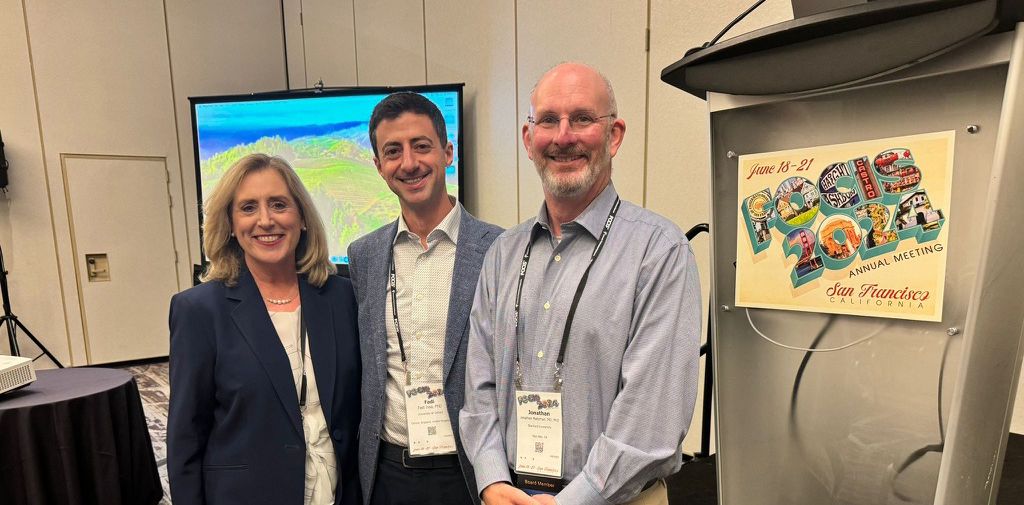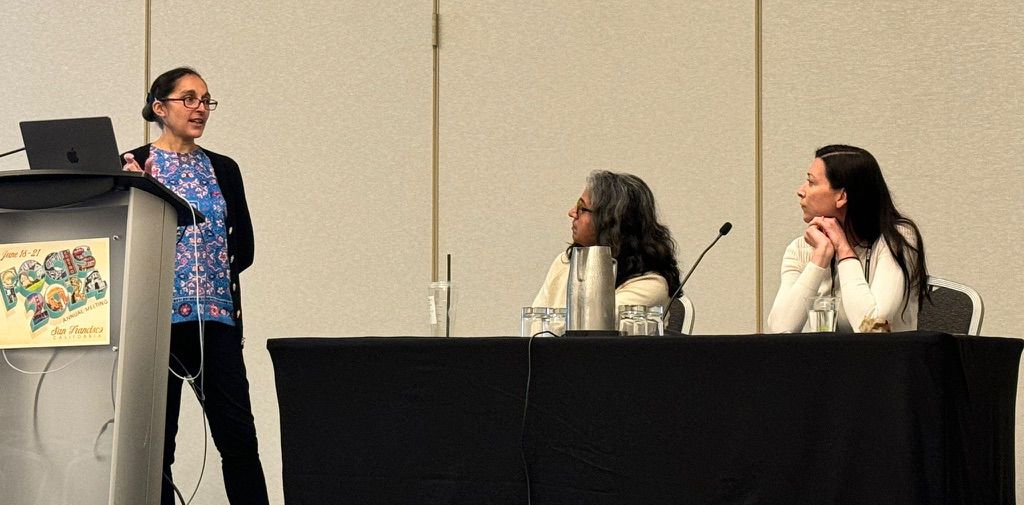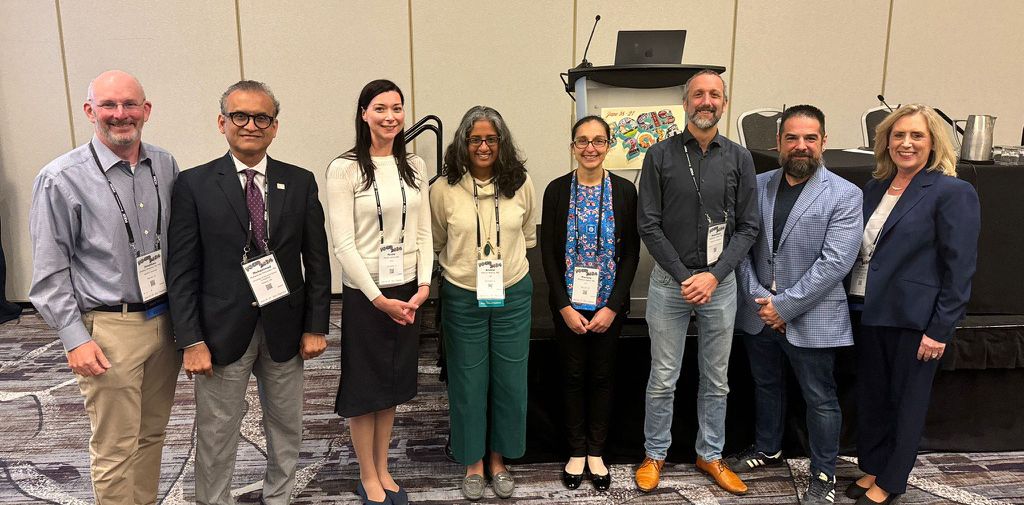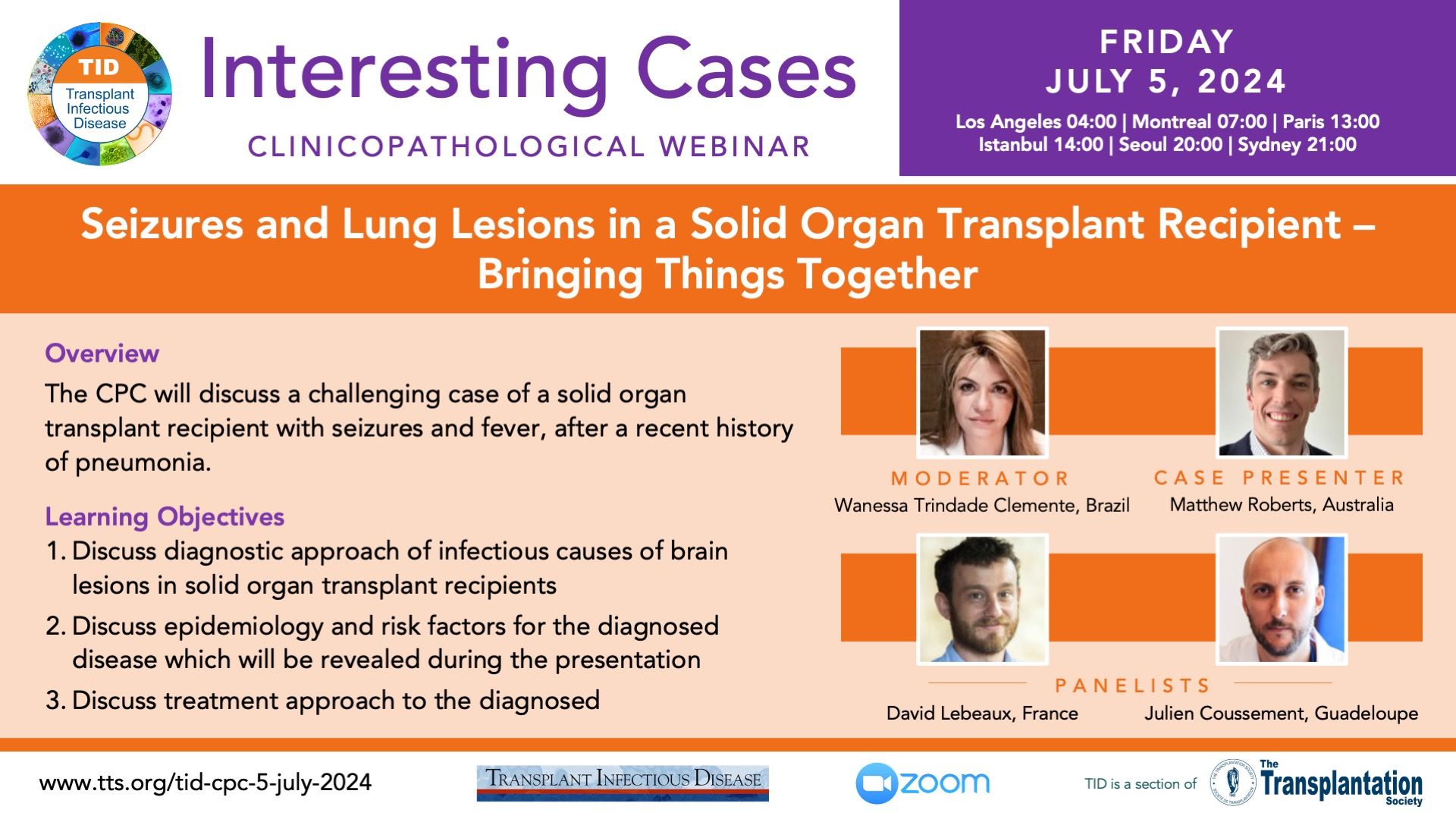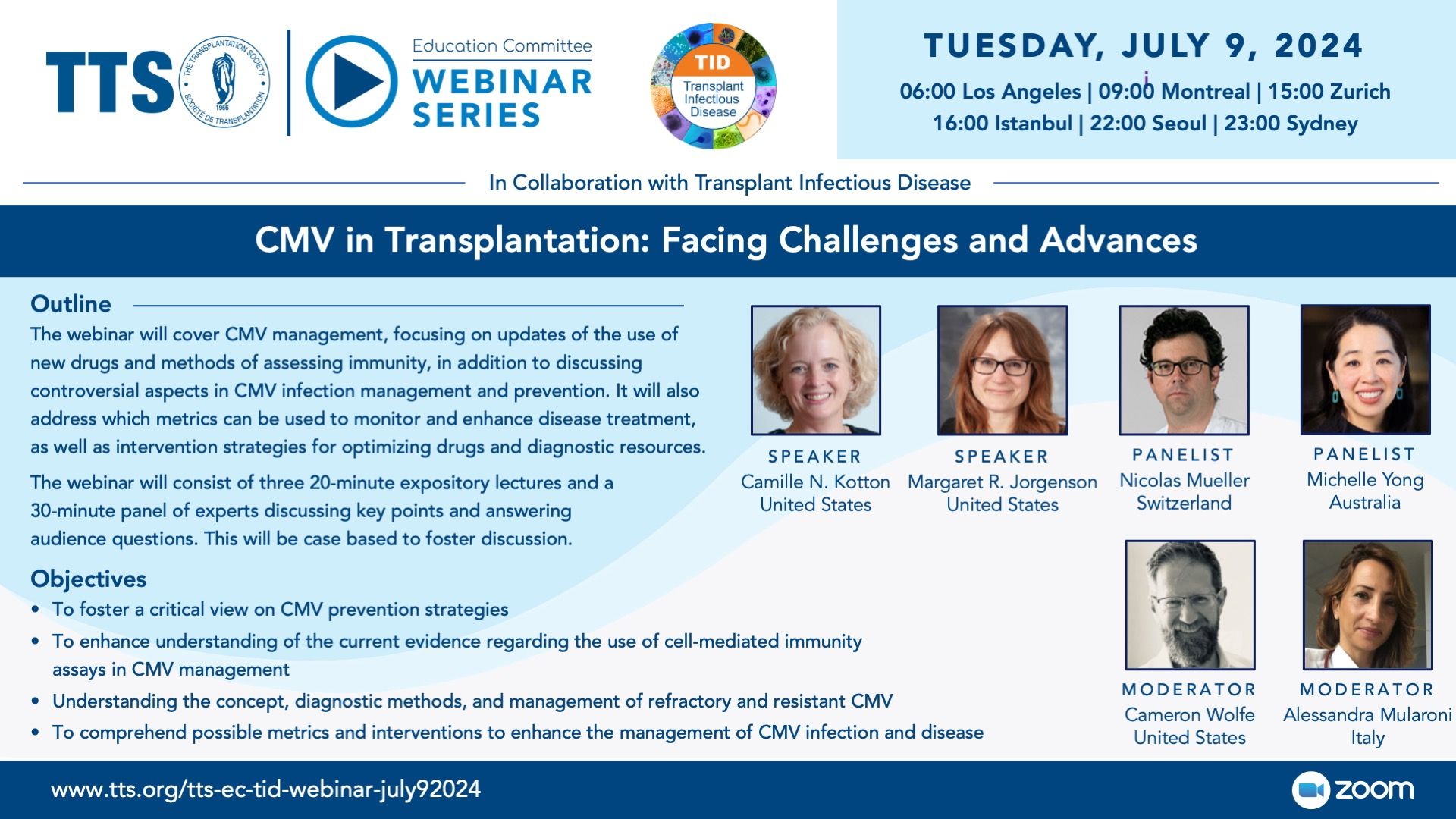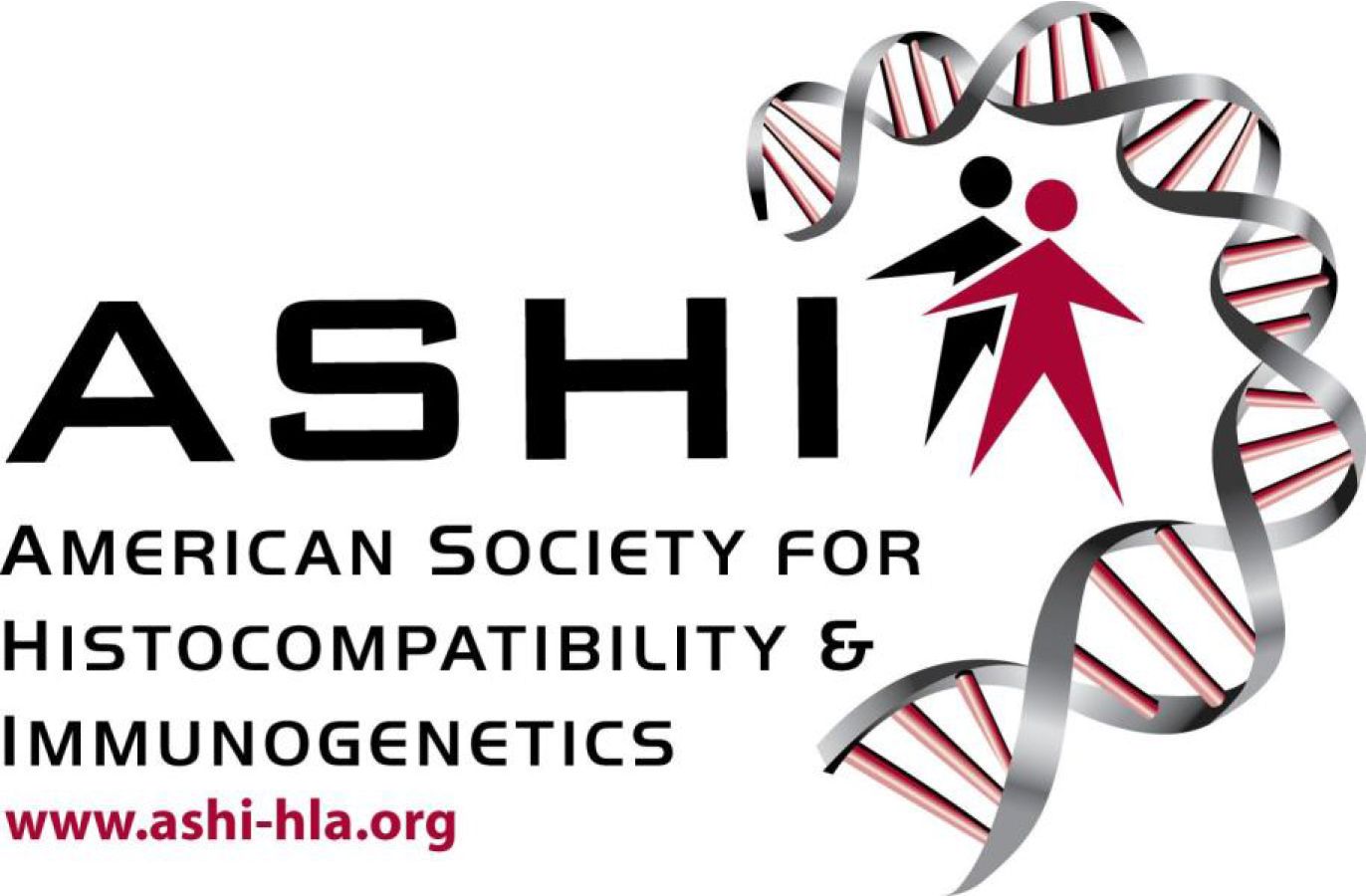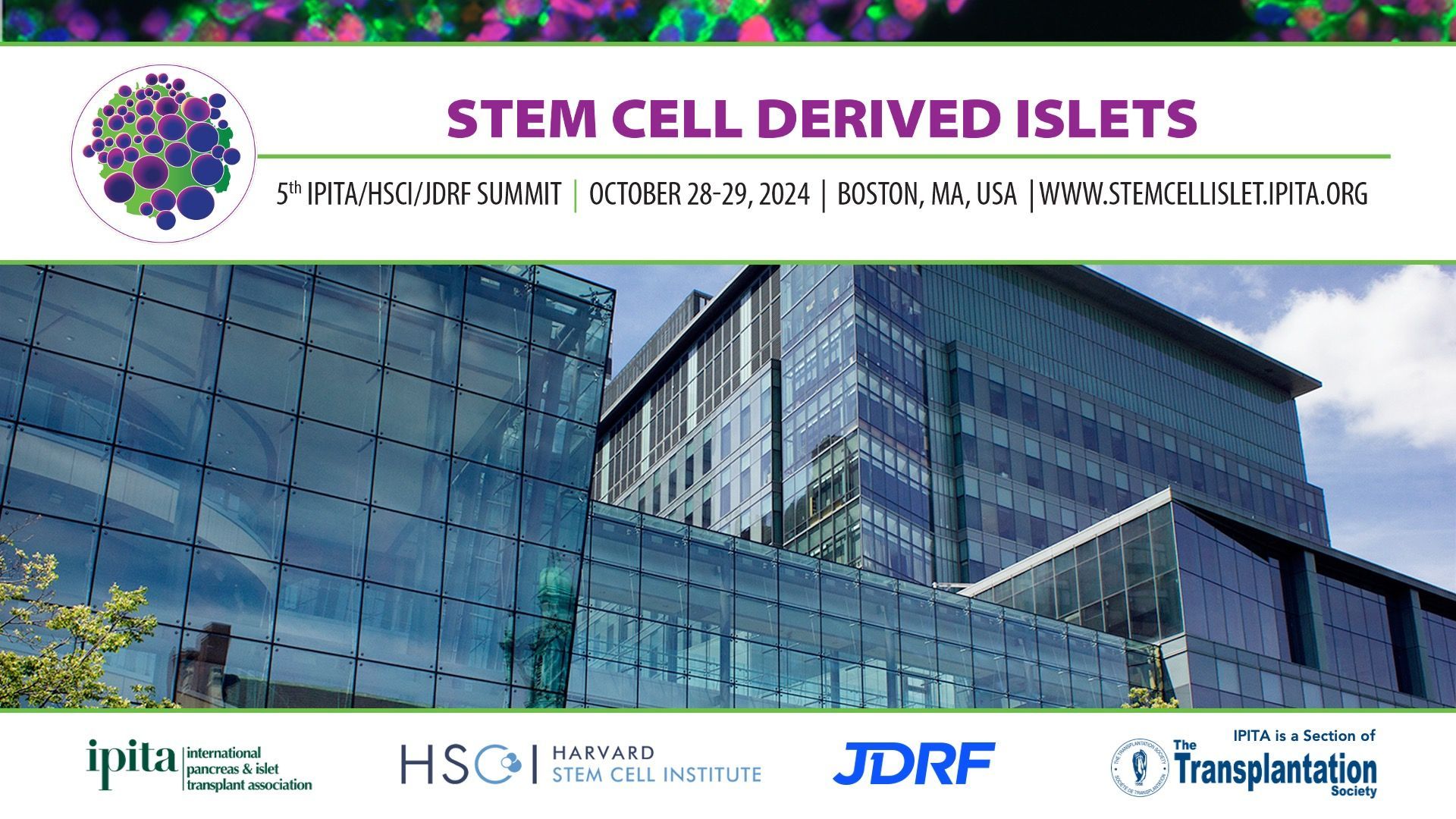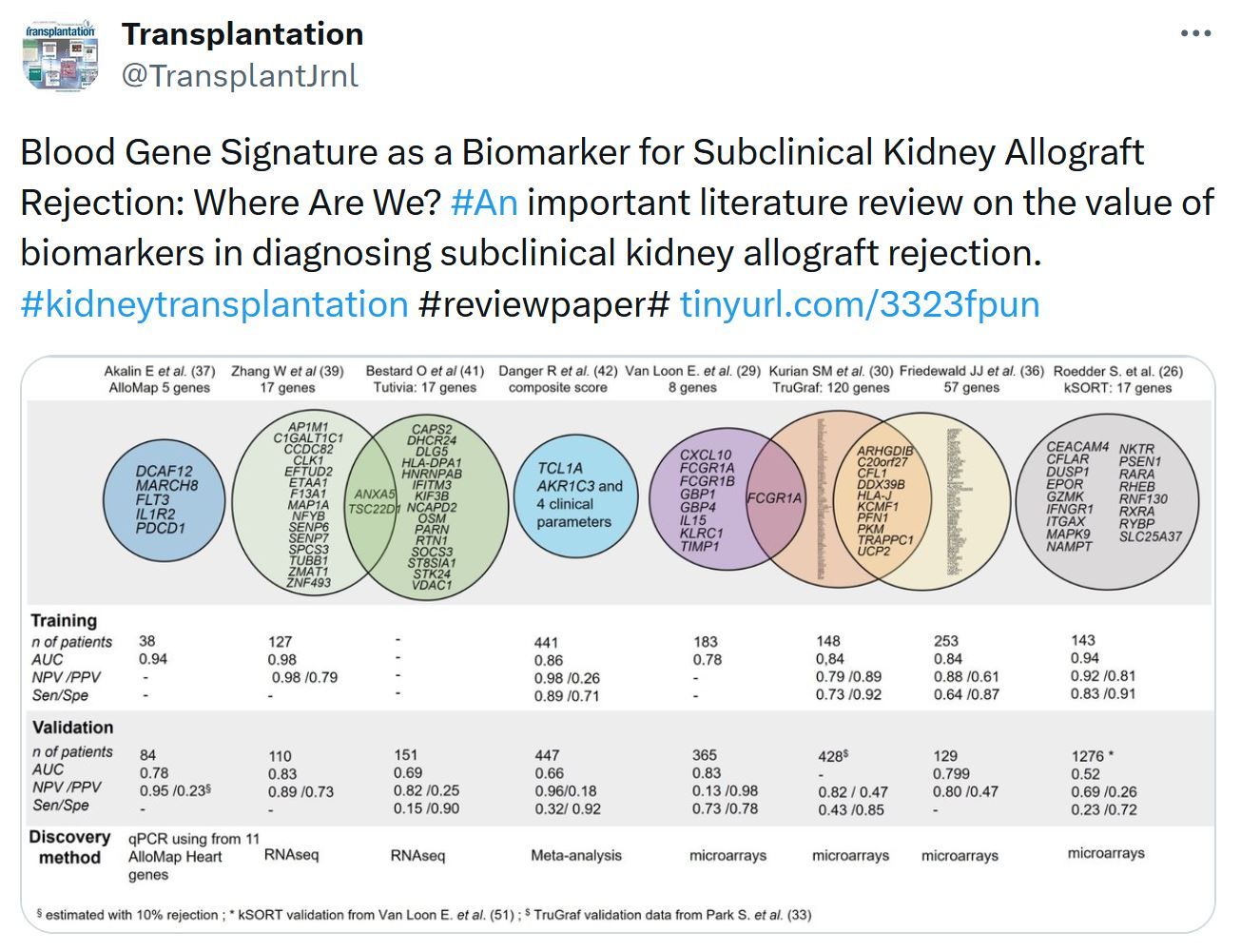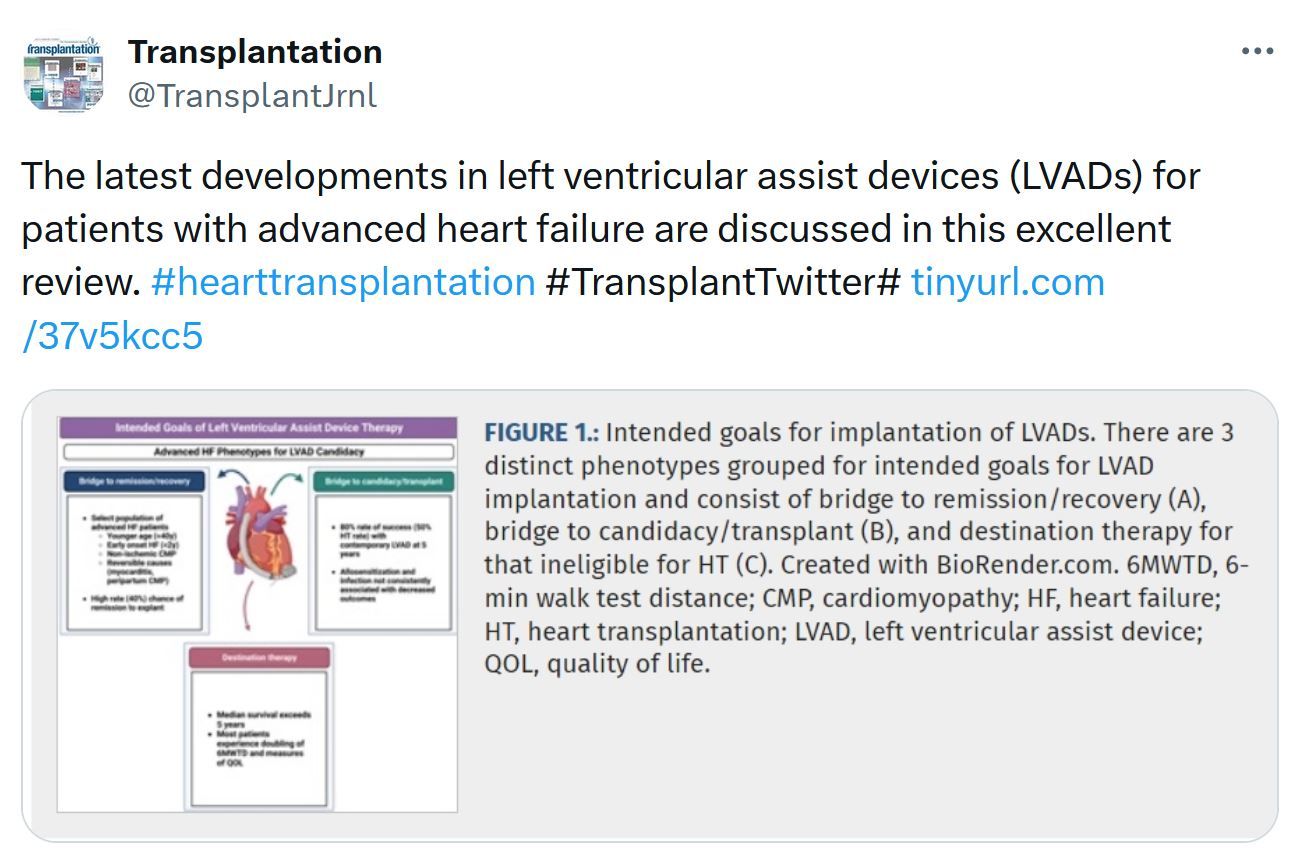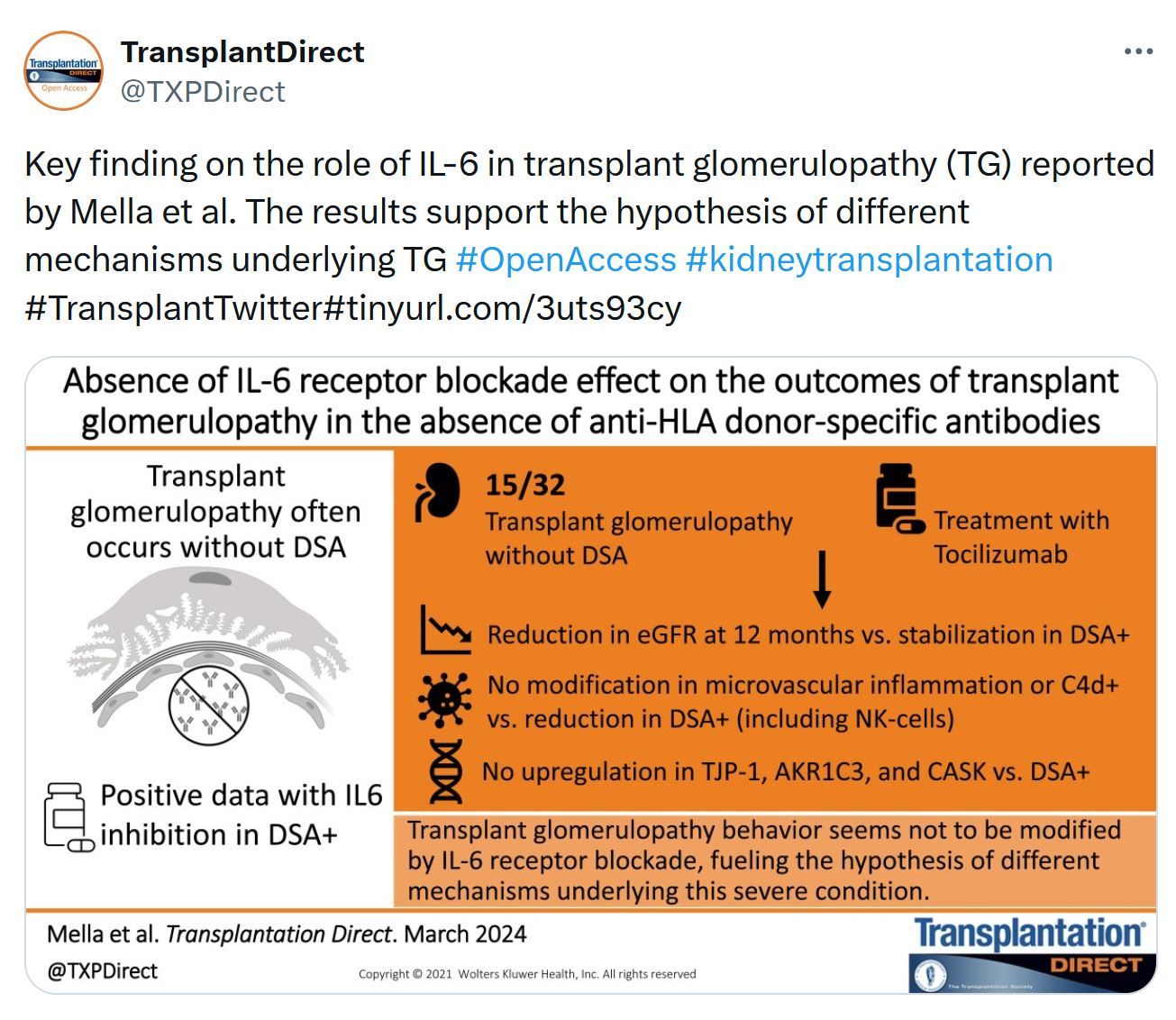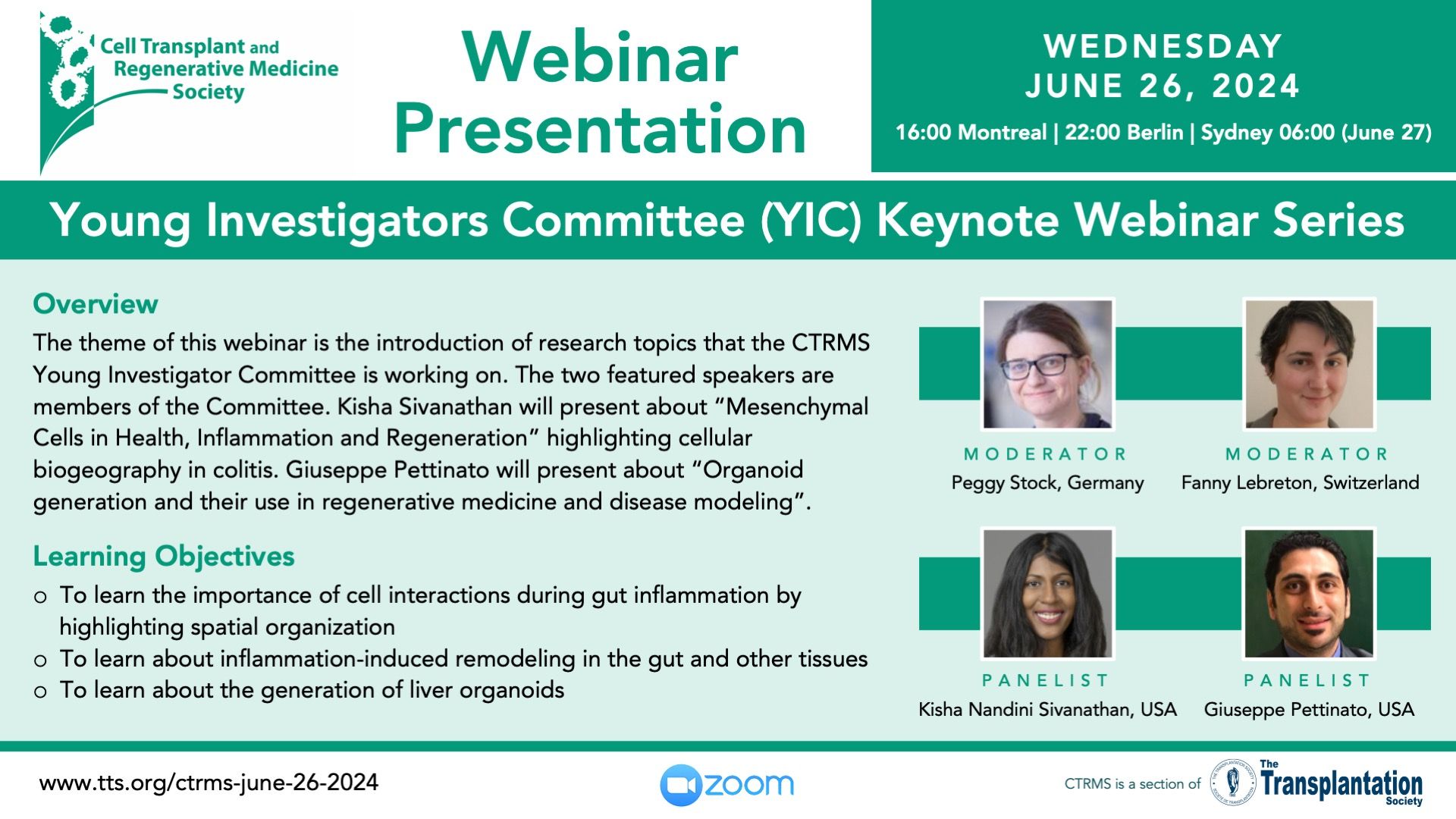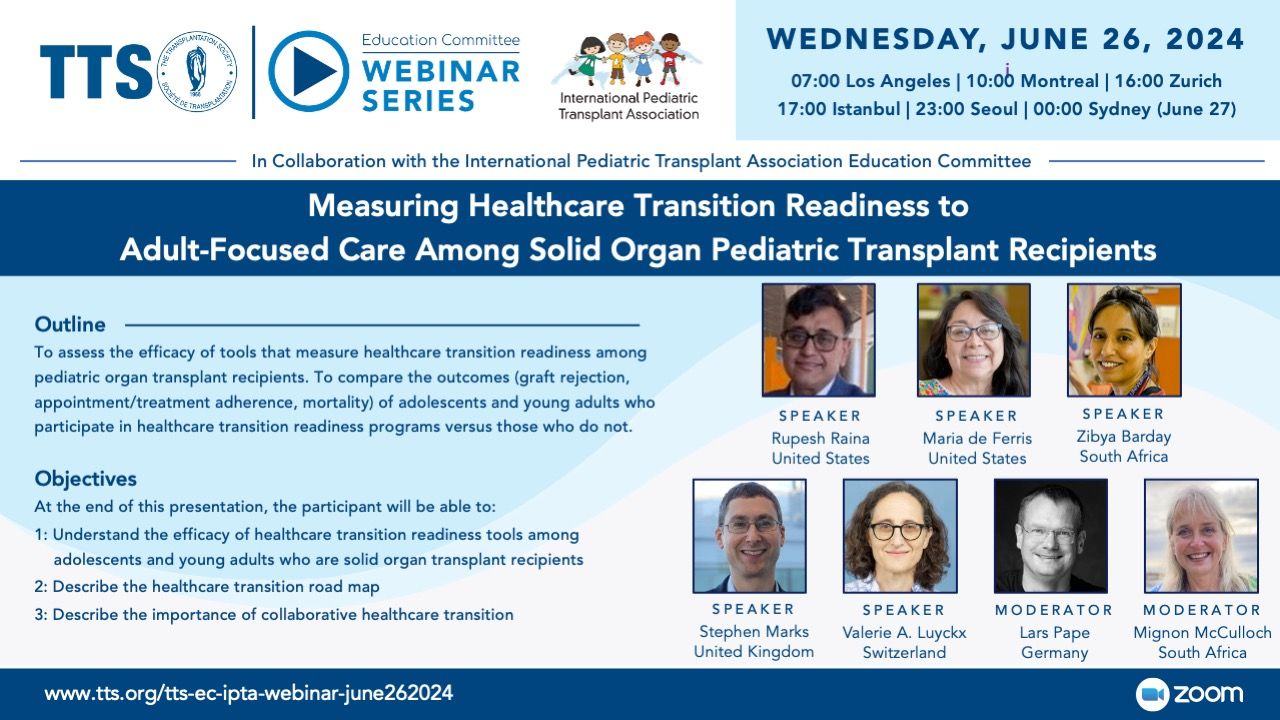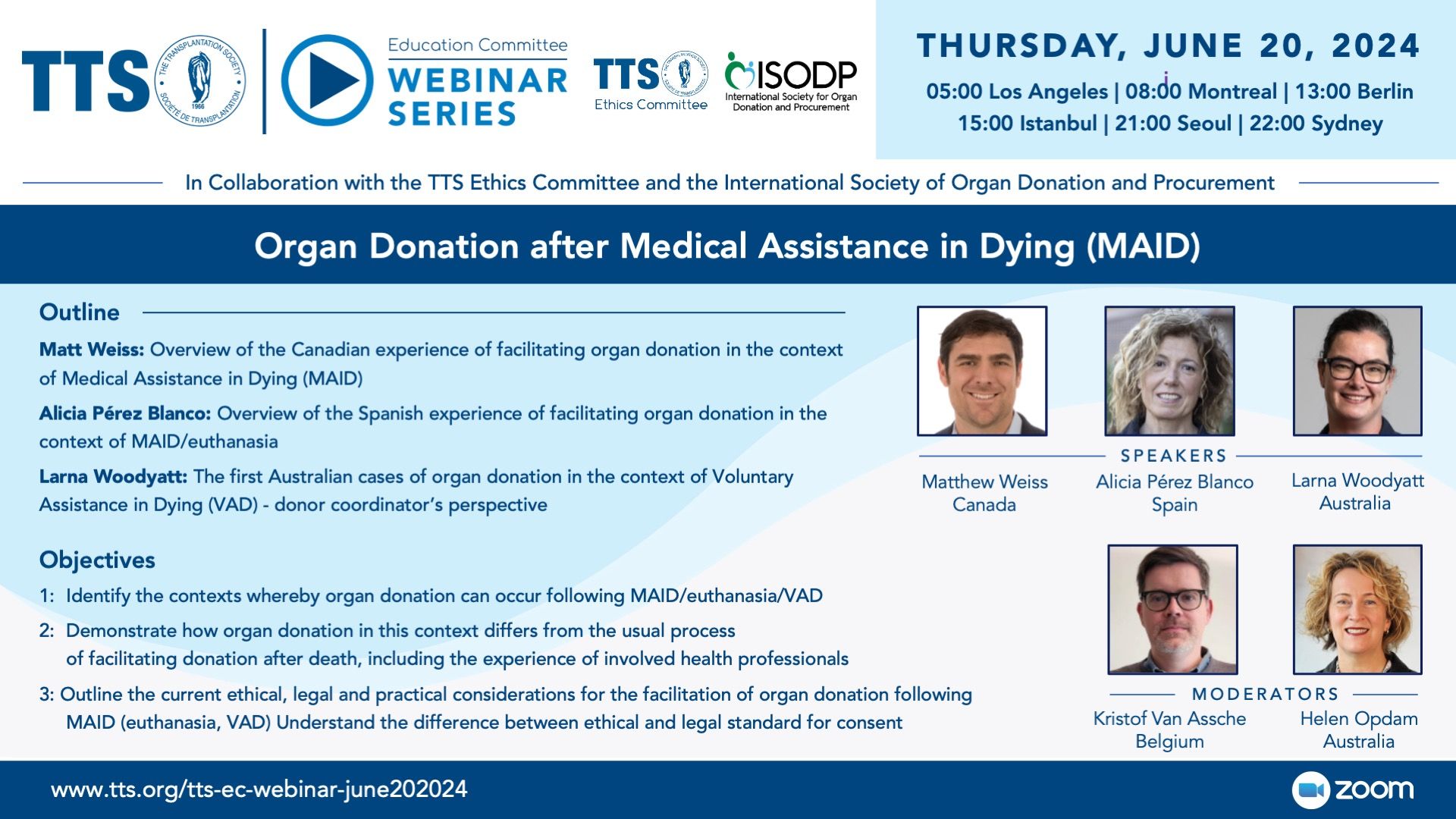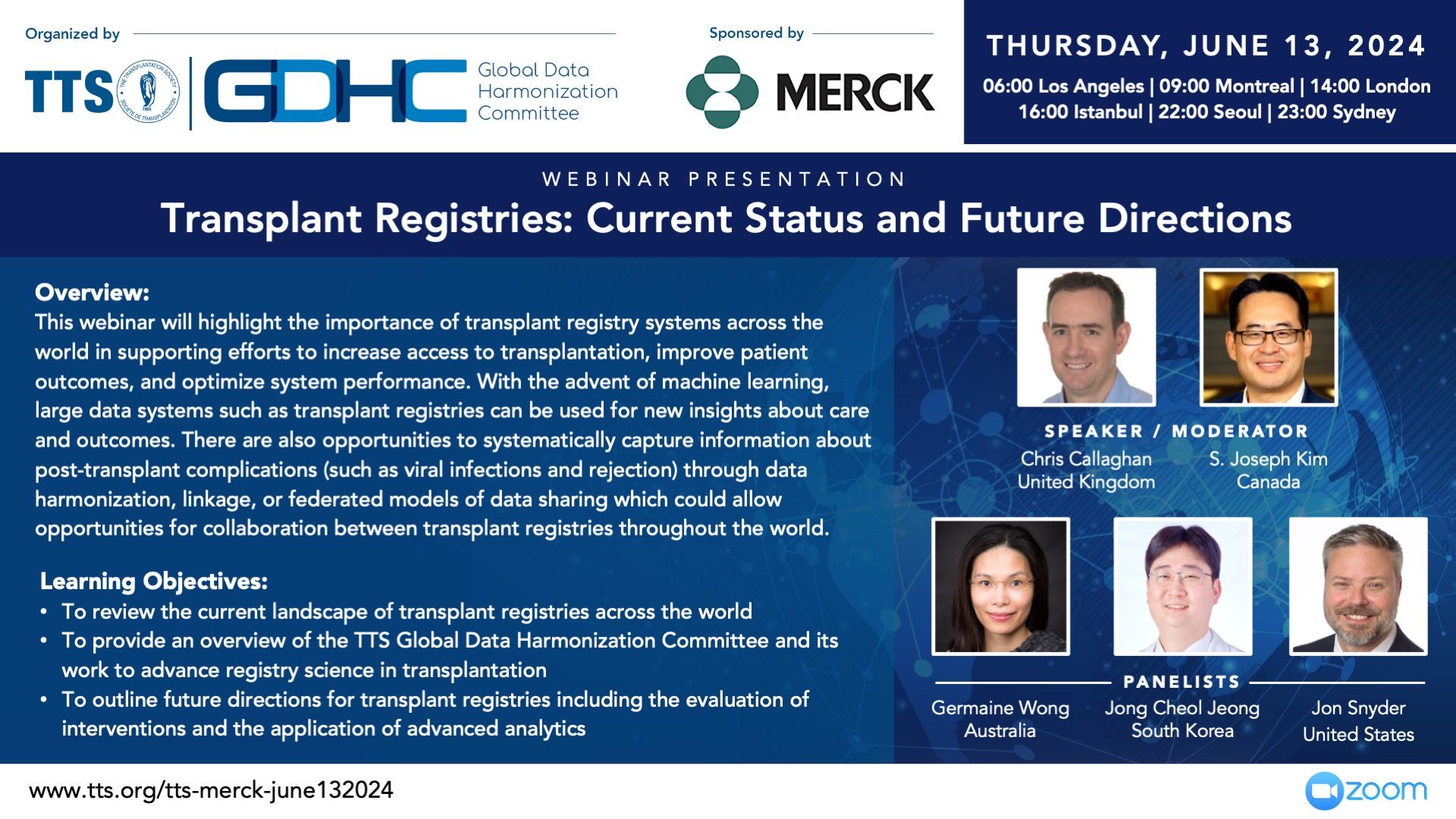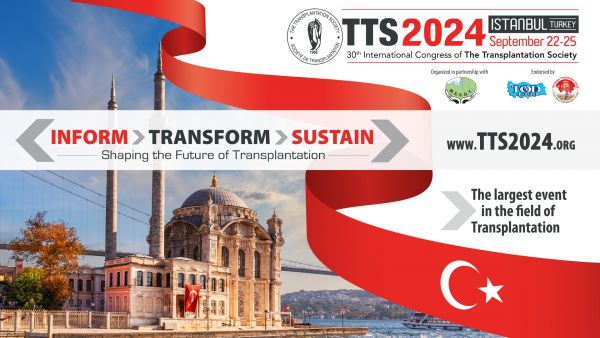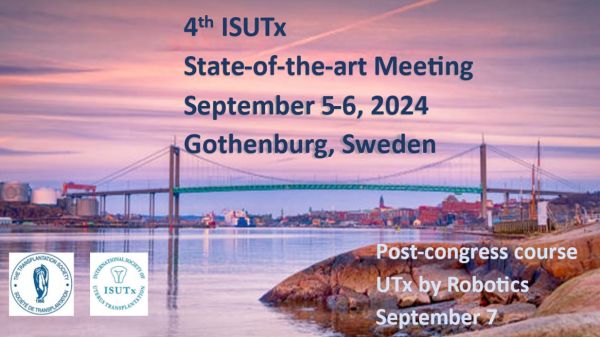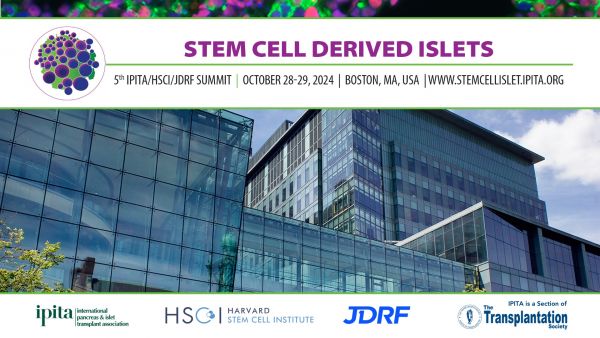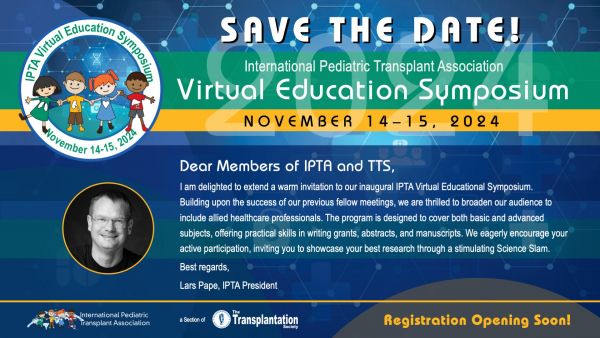
Just Released - Transplantation Journal - July Issue
Expanding donation rates is a theme for many researchers - in this issue, options are raised with NASH in older donors, some donor melanomas, and understanding the limits of cardiac ischemia. The impact of simultaneous Liver kidney allocation policies in the US is examined. The continuing toll of COVID is emphasized in relation to risks of fungal infection, even though interest has waned. TTS and DICG examine the vexed issues of transplantation for migrants and refugees - stranded in so many ways. Reviews provide some excellent thought-provoking articles on both cognate and innate cellular mechanisms. Excellent reading for renewing and recharging over the northern summer.
In View
Research Highlights
Expert Insight
Meeting Report
Commentaries
- Breaking Barriers: Widening the Donor Pool to Embrace In Situ or Thin-invasive Localized Melanomas
- Liver Transplantation for Polycystic Liver Disease: Definitely not a Cosmetic Surgery
Reviews
- Low-dose Interleukin-2 Therapy: Fine-tuning Treg in Solid Organ Transplantation?
- Effect of Cellular Senescence in Disease Progression and Transplantation: Immune Cells and Solid Organs
- Innate Allorecognition in Transplantation: Ancient Mechanisms With Modern Impact
- Autophagy: A Silent Protagonist in Kidney Transplantation
- Optimization of Kidney Health in Liver Transplant Candidates: Pretransplant Considerations and Modalities
Original Basic Sciences
- Tissue-resident Lymphocytes Are Released During Hypothermic and Normothermic Machine Perfusion of Human Donor Kidneys
- Early Immunomodulatory Program Triggered by Protolerogenic Bifidobacterium pseudolongum Drives Cardiac Transplant Outcomes
- Successful Recovery of Cardiac Function Following 20 min of a No-touch Period in a Donation After Circulatory Death: A Case Report
Original Clinical Science—Liver
- Reappraisal of Donor Age in Liver Transplantation: NASH as a Potential Target to Safely Utilize Old Liver Grafts
- Neighborhood-level Social Determinants of Health and Waitlist Mortality for Liver Transplantation: The Liver Outcomes and Equity Index
- Use of Transesophageal Echocardiography for Liver Transplantation: A Global Comparison of Practice From the ILTS, SATA, and LICAGE
- The Lower Survival in Patients With Alcoholism and Hepatitis C Continues in the DAA Era
- What Are Risk Factors for Graft Loss in Patients Who Underwent Simultaneous Splenectomy During Living-donor Liver Transplantation?
Original Clinical Science—General
- Analysis of >15 000 Solid Organ Transplant Recipients Reveals Nonanal Genitourinary HPV-related Disease as Highest Risk Predictor for Anal Squamous Intraepithelial Lesions/Anal Cancer
- Glucagon-like Peptide 1 Receptor Agonists and Cardiovascular Outcomes in Solid Organ Transplant Recipients With Diabetes Mellitus
- Invasive Fungal Infections in Inpatient Solid Organ Transplant Recipients With COVID-19: A Multicenter Retrospective Cohort
- Transmission and Non-transmission of Melanoma From Deceased Solid Organ Donors to Transplant Recipients: Risks and Missed Opportunities
- Indications, Techniques, and Barriers for Pancreas Transplant Biopsy: A Consensus Perspective From a Survey of US Centers
- Exception Policy Change Increased the Simultaneous Kidney–Liver Transplant Probability of Polycystic Disease in the Centers With High Median MELD at Transplantation
- First-in-human Study With LIS1, a Next-generation Porcine Low Immunogenicity Antilymphocyte Immunoglobulin in Kidney Transplantation
Letters to the Editor
- Comment on Experience With Establishing a Robotic Donor Hepatectomy Program for Pediatric Liver Transplantation
- Global Dissemination of Robotics in Liver Transplantation: The Way Forward
- Nocardiosis in Kidney Transplant Recipients and Possible Association With Decreased Utilization of Trimethoprim/Sulfamethoxazole During COVID-19
- Response to “Following the Flow: Changes in Organ Preservation Methods Require Changes in Our Data Collection”
- Invited Response to Letter to the Editor by Callaghan et al, “Following the Flow: Changes in Organ Preservation Methods Require Changes in Our Data Collection”
- Utilization and Outcomes of Abdominal Transplants Using Thoracoabdominal Normothermic Regional Perfusion in Pediatric Donation After Circulatory Death: The United States Experience
TTS 2024 - Studio Sessions

Meeting Report - TTS Symposium at FOCiS 2024
Upcoming Webinar Presentations
ASHI Research Grants
American Society for Histocompatibility & Immunigenetics Scientific Awards
APPLICATION DEADLINE: AUGUST 1, 2024
EARLY CAREER INVESTIGATOR AWARD
INNOVATION SCHOLARSHIP AWARDS
MICHAEL SCHMIEDERER RESEARCH SUPPORT AWARD
July 1, 2024 - Abstract Deadline - 5th Summit on Stem Cell Derived Islets
TTS 2024 By-Elections for Vice President
Voting is well underway!
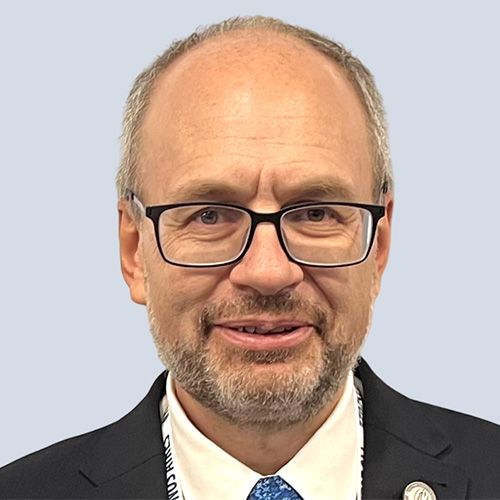
Gabriel Gondolesi
Gabriel Gondolesi, Argentina
Prof. Gabriel E. Gondolesi, MD, MAAC, FACS, was born in Tandil on 6/11/1968. Graduated from UNLP. Surgical Resident in La Plata. Fellow in Liver Transplantation (LT) at the Favaloro Foundation - FF (1997-1999), and in Multiorgan Transplantation at Mount Sinai Hospital in New York (1999-2001). Associate Professor in LT and Chief of Intestinal Transplantation (2001-2005). In 2006, he returned to FF; performed the first adult and pediatric intestinal transplants, the first Hepato-Pulmonary transplant, and the first LT with LD for colon cancer metastasis successfully in Argentina; the first Liver-Intestinal transplant, the first Domino + Split LT in LatAm, and the first LT with grafts from two living donors (LD) in the Americas. Health Researcher at CONICET. Author of 160 publications, director of 7 theses. Doctor Honoris Causa from the Universidad San Francisco Javier de Chuquisaca (2012). Received 20 national and international awards. Served as Chairman of the 2015 ISBTS and CO-Chairman of TTS2022, Past-President of IRTA, Senior treasurer of TTS, Member of the WHO Donation and Transplantation Working Group. Winner of the Konex Award in Surgery 2023.

Dorry Segev
Dorry Segev, United States
Dorry Segev is Professor of Surgery and Population Health at NYU, and founding director of the NYU Center for Surgical and Transplant Applied Research. He has worked in transplantation for two decades, fulfilling important roles in UNOS/OPTN, SRTR, ASTS, AST, and TTS. In addition to serving as TTS Councilor, Dr. Segev created and chaired the TTS Global Data Harmonization committee, served on the program planning committee for many past TTS Congresses, co-chaired the TTS Masterclass Series, and recently served on the 2023 TTS Council Cape Town Strategic Planning Retreat, the 2023 TTS Meetings Advisory Committee, and the 2024 TTS Finance Committee. He was responsible for the first US HIV-to-HIV transplants, receiving official recognition from US President Barack Obama. He was also the first to demonstrate poor immunogenicity to COVID vaccines in the immunocompromised, for which he received a Letter of Commendation from Dr. Anthony Fauci. His research includes kidney exchange, desensitization, long-term donor risk, racial and geographic disparities, artificial intelligence, and post-transplant outcomes. He has published over 900 peer-reviewed articles, is ranked #1 worldwide in transplant expertise and influence by ExpertScape, and is one of select few transplant surgeons appointed to the National Academy of Medicine. He received Foreign Policy Magazine's prestigious Global Thinker Award, and was named an Innovator of the Year by TIME Magazine. He strongly prioritizes mentorship, and is the only surgeon in the US funded by an NIH/NIAID Mentoring Grant for this purpose. He most values TTS’s role in developing the next generation of transplant professionals.
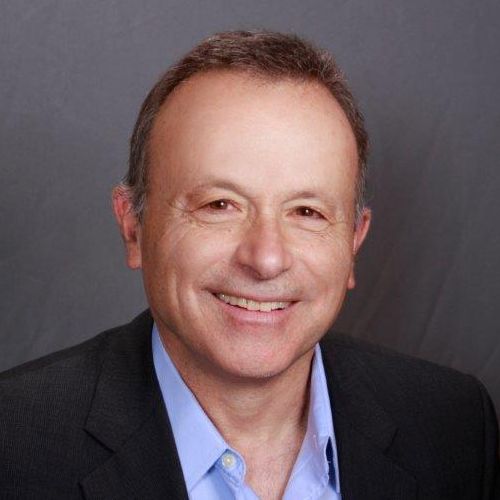
Peter Stock
Peter Stock, United States
Peter Stock, MD, PhD, Professor of Surgery at the University of California, San Francisco, has long served the transplant community, and remains clinically active in pancreas, liver, and kidney transplantation. He has extensive experience in the surgeon-scientist role, with NIH funding in the areas of cellular transplantation and solid organ transplantation in the HIV-infected transplant recipient. Dr. Stock has served the TTS in following capacities: TTS Education Committee (2011-1014); TTS Councilor (2017-2021), (2023-current); IPITA Councilor (2011-2015); Chair of the TTS ethics committee (2019-2023); TTS India Relations Committee; and the TTS COVID-19 Task Force (2020-current). He has served as President of the American Society of Transplant Surgeons (2014-2015) and is currently chair of the UNOS International Ad Hoc Committee. As the US James IVth travelling surgical fellow (2000), visits to transplant programs in Australia (Sydney), South Africa (Cape Town), India (Chennai), China (Hong Kong), Korea (Seoul), and UK (Oxford) set the foundation for ongoing relationships that will facilitate moving the agenda of the TTS forward. As a potential vice president and current counselor, he will utilize his global experience and network to focus on the clinical translation of the 2024 WHO resolution directed at expanding access and facilitating the development of transplantation (solid organ and cellular) in resource constrained areas.
In Case You Missed It…Recent Recordings
Contact
Address
The Transplantation Society
International Headquarters
740 Notre-Dame Ouest
Suite 1245
Montréal, QC, H3C 3X6
Canada
Используйте Вавада казино для игры с бонусом — активируйте промокод и начните выигрывать уже сегодня!

